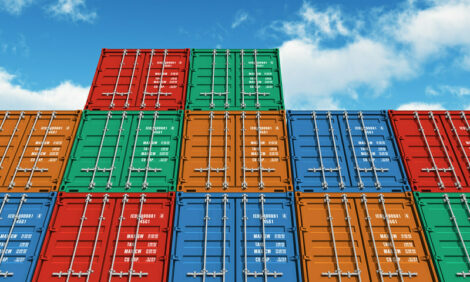



NBA Praise Probe On Farm Cross-Compliance Costs
EU - The National Beef Association has welcomed a European Commission move to probe the cost burden cross-compliance rules placed on farm businesses.It is particularly pleased the Commission is worried that EU regulations may be hampering the ability of farmers to compete on the global market.
“Cross-compliance increases the cost of producing food within the UK and some of the requirements, particularly those associated with soil preservation on farms which out-winter cattle, are extremely onerous,” explained Association director, Kim Haywood.
“There is also a genuine worry that regulators may find it difficult to release the expensive grip they have on routine farm management practice through cross-compliance when the CAP payment system is reviewed, and hopefully made simpler, in 2011.”
“And so we are pleased the Commission has launched a call for a tender from organisations which can assess the costs farmers face when meeting the environmental, animal welfare and food safety conditions placed on their businesses.”
“The study, which has a maximum budget of €1.5 million will also include an analysis of comparative data on non-EU production standards, to discover whether the EU’s farmers are working on a level playing field within the world market.”
According to the NBA it is important that the Commission is able to establish the depth of the additional cost forced on farmers through cross-compliance and the delivery of a wide range of public goods such as improved water quality.
“Farmers in third countries who export to the EU are not affected by cross-compliance rules except for specific food safety requirements such as residue provisions, like beef hormones, for animal products – unless they face similar restrictions from domestic legislation,” said Ms Haywood.
“We hope that this study will establish exactly just how much the additional cost burden faced by EU farmers through compulsory demands on production standards really is and then establish just how much this is hampering the EU’s ability to produce more, much needed, food for itself.”
TheCattleSite News Desk


